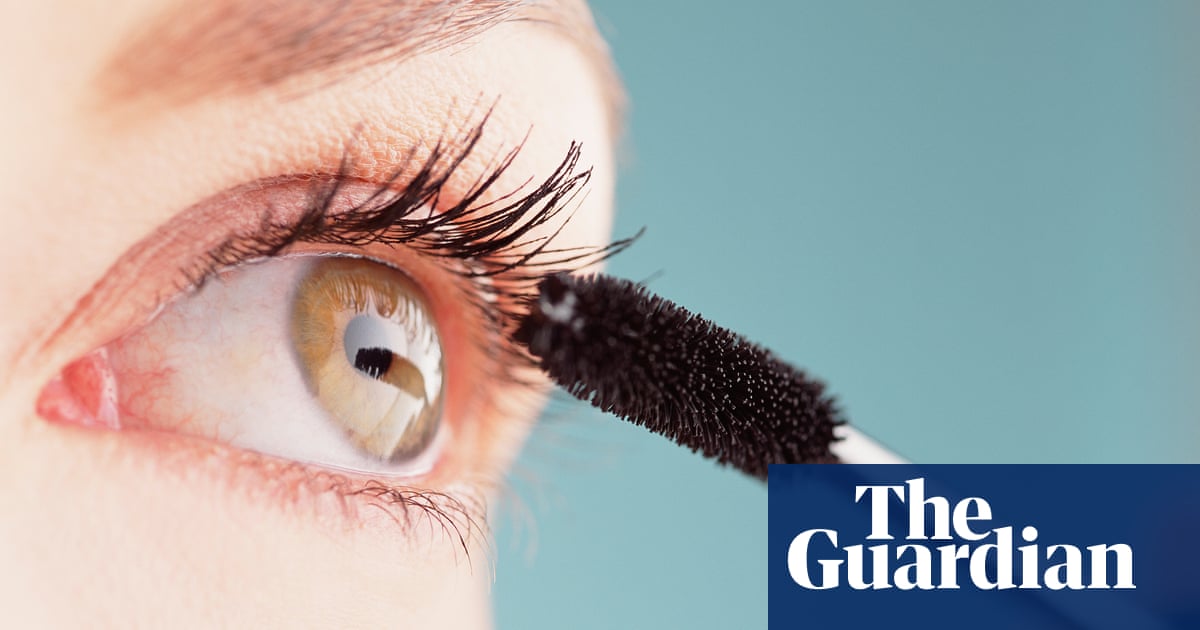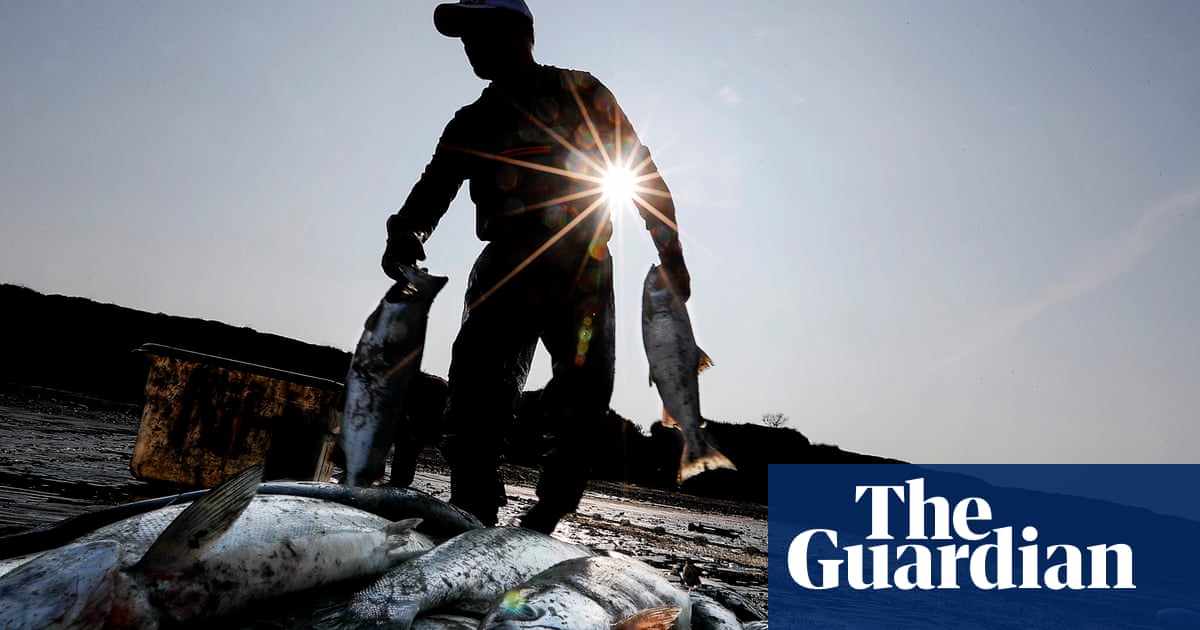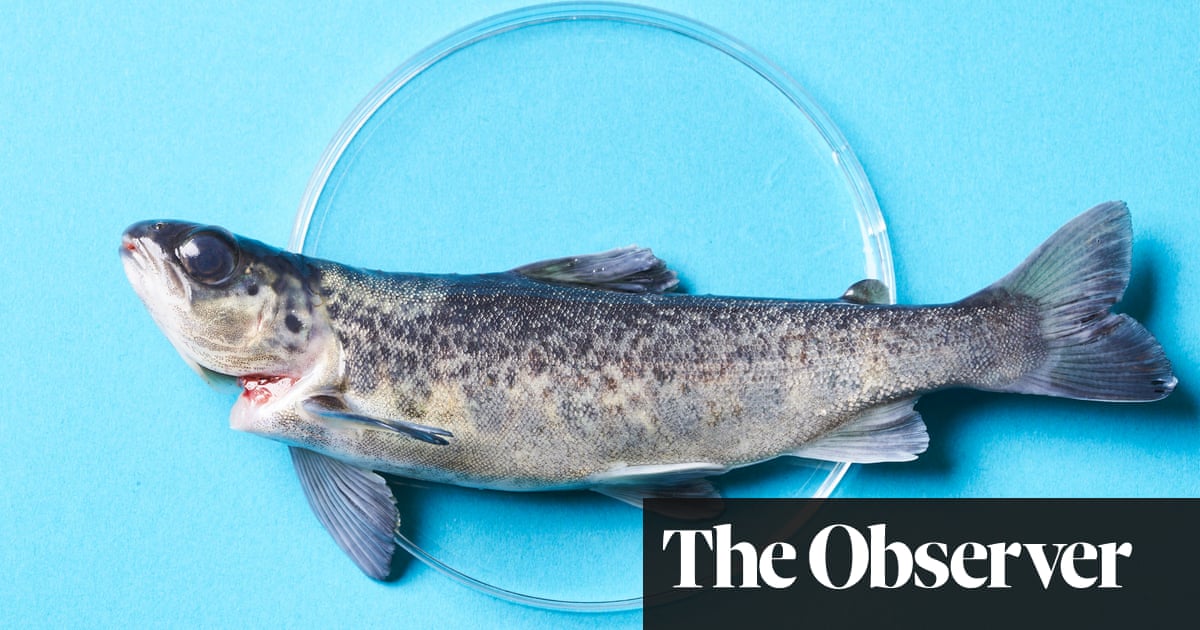New Zealand to ban PFAS ‘forever chemicals’ in cosmetics in 2026 | PFAS


New Zealand is banning so-called “forever chemicals” in cosmetics from 2026, in what could be the first example of a country doing so.
The Environmental Protection Authority (EPA) said it has banned the use of perfluoroalkyl and polyfluoroalkyl substances (PFAS) in cosmetics to protect people and the environment from the chemicals.
PFAS are added to cosmetics to smooth the skin, or to make cosmetic products more durable, spreadable and water resistant.
They are a class of about 14,000 chemicals often used to make products resistant to water, stains and heat and are called “forever chemicals” because they are virtually indestructible.
An increasing international body of evidence is linking PFAS with cancers, birth defects and negative effects on the immune systems of humans and animals. The chemicals have been detected in drinking water sources, sea foam and spray, rain and groundwater, sea ice, and human blood and are found in cosmetics such as shaving cream and lipstick, as well as Teflon pans and pizza boxes.
The EPA said that although the chemicals were found in a small number of cosmetic products, it was taking a precautionary approach to any potential risks. The cosmetic ban is part of a wider response to protect against the chemicals, including testing for background levels of PFAS in the environment, and phasing out PFAS-firefighting foams.
“We know these chemicals don’t easily break down, they can build up in our bodies, and some can be toxic at high levels,” said Dr Shaun Presow, the EPA’s hazardous substances reassessments manager.
The EPA publicly consulted on the rule changes in 2023 and received 20 submissions, including 14 from the cosmetics industry.
Presow said the EPA would work with the industry to manage the transition before the changes take effect.
Some states in the US have already proposed legislation to ban or limit PFAS ahead of federal regulations. California was the first major jurisdiction to ban all PFAS in cosmetics, in September 2022, with a transitional period for enforcement after 1 January 2025, while the states of Maine and Minnesota recently passed a law prohibiting products made with intentionally added PFAS chemicals from 2030. The European Union is working on a broader ban on the chemicals.
The EPA could not say definitively if New Zealand was the first country to ban the chemicals in some form, though it said it could not find other examples.
Environmental, health, and science specialists have applauded the move, saying it positions New Zealand as one of the pioneers globally in addressing the risks associated with PFAS.
While no New Zealand cosmetics manufacturers surveyed by the EPA found PFAS in their products, about 90% of cosmetics are imported, said Prof Allan Blackman at Auckland University of Technology’s school of science.
“[That] could lead to significant compliance requirements for those involved in their importation, and indeed the disappearance of certain products from shelves post 2027,” Blackman said.
“Having taken this first step, it will be interesting to see what, if anything, happens to other PFAS sources such as non-stick cookware and waterproof fabrics.”
Source link




